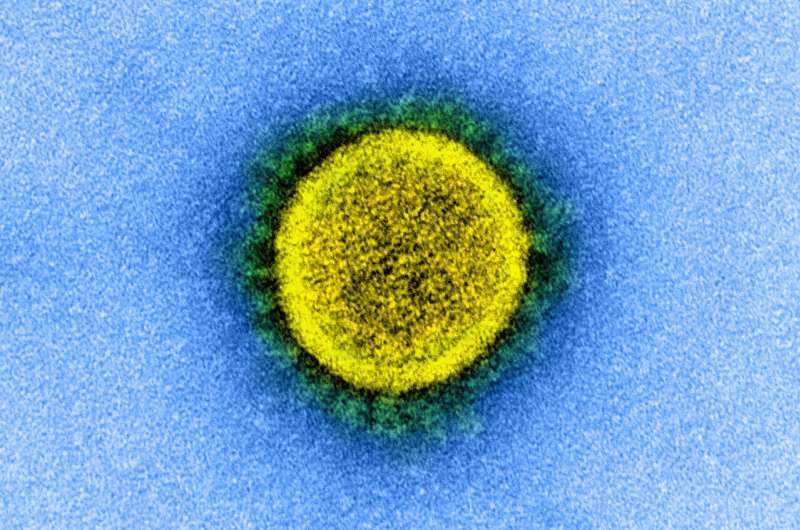Obesity, age and BAME ethnicity associated with higher COVID-19 antibody levels

Researchers studying a group of UK healthcare workers discovered that non-white individuals recovering from COVID-19 displayed higher antibody levels than white individuals, with significantly greater levels observed in Asian individuals.
Led by experts at the University of Birmingham, the researchers studied a cohort of 956 UK healthcare workers who self-isolated between March and June 2020 because of COVID-19.
Within this group, the researchers identified 442 (46.2%) individuals with SARS-CoV-2 antibodies using a sensitive combined IgG,A,M antibody test developed in collaboration with The Binding Site and also individual antibody tests.
They also discovered that increasing age was associated with a higher IgG response, with antibodies in individuals aged 56-65 significantly higher than those aged 26-35.
Researchers from the Universities of Birmingham, Oxford and Southampton also noted a strong association between obesity and IgG response which increased in proportion to Body Mass Index (BMI). The group's findings are published on the pre-print server medRxiv and have not yet been peer reviewed.
Study lead Professor Alex Richter, honorary consultant in clinical immunology at the University of Birmingham, commented: "We were surprised to find that risk factors associated with severe COVID-19 were also associated with higher antibody levels in convalescent health care workers after mild disease. We need to understand this observation and the role of antibodies in COVID-19 as this has implications for vaccination and convalescent plasma as a treatment."
The study also revealed that a considerable number of working days were lost to staff members isolating for symptoms that were not proven to be COVID-19, highlighting the importance of testing. The combination of cough, fever or loss of smell captured 92.3% of individuals who tested positive for COVID-19—validating these symptoms as an effective way of determining who should self-isolate.
The research team also discovered that most COVID-19 antibody positive hospital workers suffered their illness prior to patients being admitted to hospital in large numbers, highlighting the importance of both community and hospital transmission of the virus.
"Our combined IgG,A,M SARS-CoV-2 antibody test offers greater sensitivity than individual IgG antibody tests and helps identify more people who have previously been exposed to the virus and the risk factors associated with this" added lead author Dr. Adrian Shields.
More information: Adrian M Shields et al. Serological responses to SARS-CoV-2 following non-hospitalised infection: clinical and ethnodemographic features associated with the magnitude of the antibody response, (2020). DOI: 10.1101/2020.11.12.20230763

















